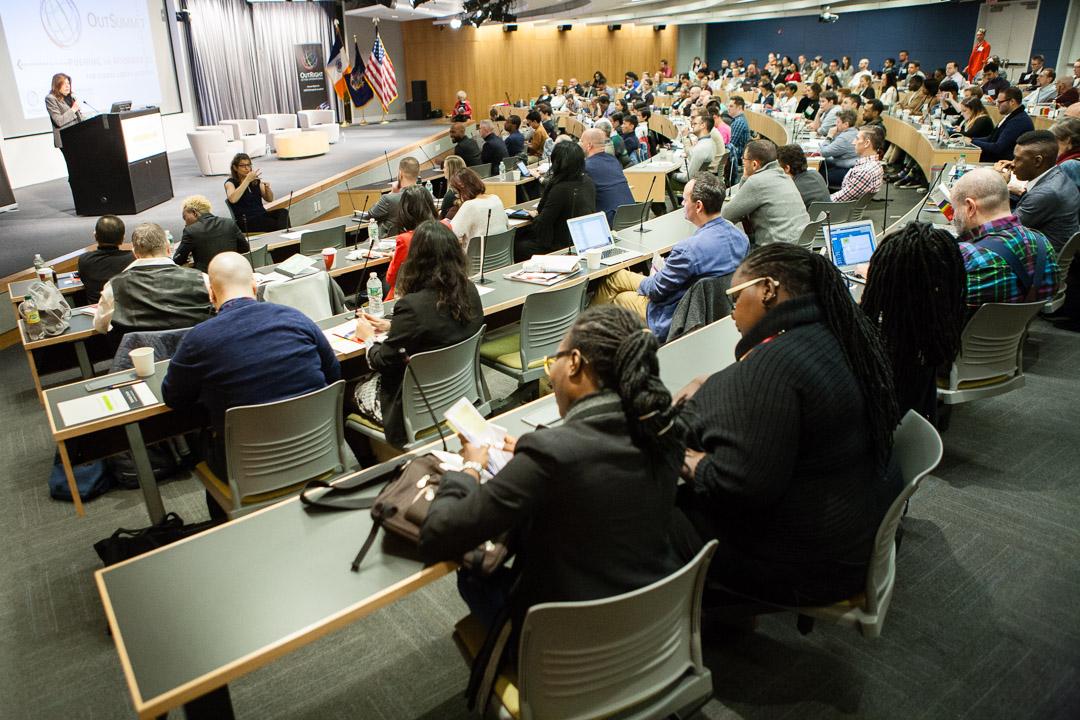
Press Release
Outright International Welcomes World Bank Statement on Uganda's Anti-Homosexuality Act
TOPIC(s)
Publish Date
August 18, 2023
Authors
New York, New York, August 18, 2023 – Outright International joins and supports Ugandan advocates in commending the World Bank for its decision to suspend future loans to Uganda.
The Bank’s decision comes after Ugandan advocates, as well as 170 civil society organizations, requested that the bank take action. The World Bank’s Environmental and Social Framework prohibits the Bank from supporting programs that discriminate against vulnerable groups. With the recent passage of the Ugandan Anti-Homosexuality Act, Ugandan government programs exclude LGBTQ people from government services and employment opportunities. The Bank has specified that the suspension will continue until the government can demonstrate that its programs do not discriminate.
Maria Sjödin, executive director of Outright International, commented, “The Ugandan government, through the passage of the Anti-Homosexuality Act, is intentionally barring the LGBTQ minority from access to services, housing, education, and inclusion in society. Outright welcomes the World Bank's decision to stand by its commitment to inclusivity and non-discrimination. Hopefully, the Ugandan government, and any other governments considering similar laws, will recognize that development can only be successful if no one is left behind.”
The Bank’s decision signals a global recognition that development efforts need to include LGBTQ people. The executive director said, “Throughout the world, LGBTQ people face higher rates of poverty, hunger, unemployment, and homelessness. We urge foreign aid and humanitarian programs also to take a stand against the abuse of human rights of LGBTQ people in Uganda and globally.”
Sjödin added, “Other countries should take notice as well. The Bank’s decision in Uganda was based on global standards that apply to all countries. Political leaders from other countries considering similar laws should ask themselves whether adopting discriminatory laws will become a barrier to their country’s participation in global development programs.”

Read Our Publications
Since 1990, we have partnered with activists from all over the world to produce hundreds of groundbreaking reports.
Learn More